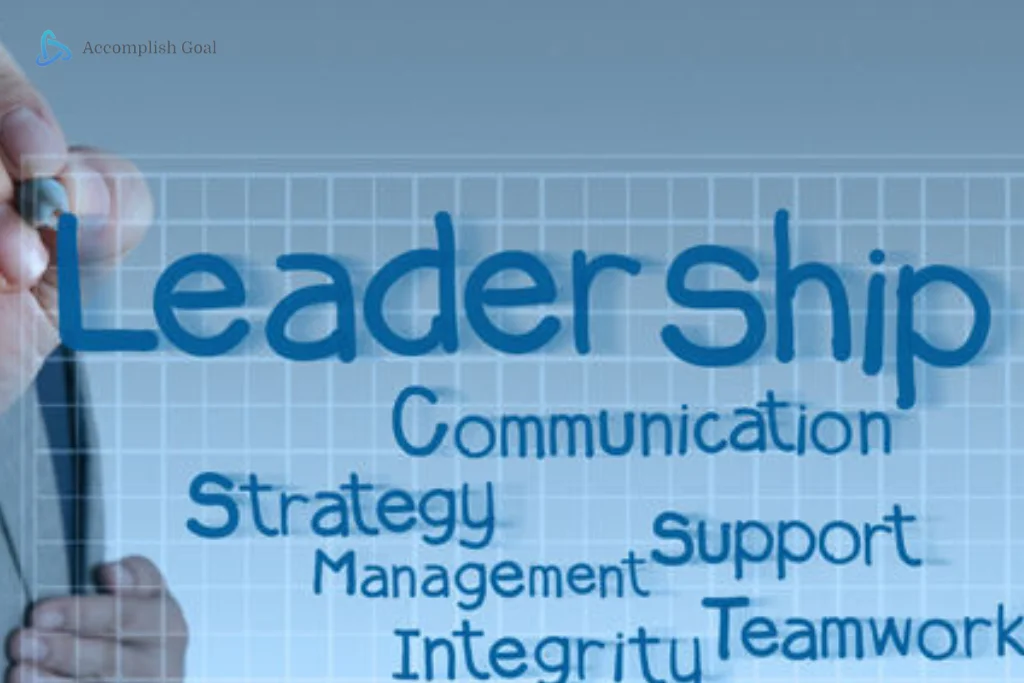Are you looking for ways to advance your career and reach the next level? Do you want to make sure that your professional goals are achievable? If so, then this blog post is for you! We’ll be taking a look at some proven strategies that can help you achieve your professional goals and take your career to the next level.
Identify Your Goals
Now that you’ve decided on the strategies that are going to help you advance your career, it’s time to identify your goals. Think about where you want to be in five years and create a plan for how you’re going to get there. This could involve furthering your education, gaining certifications, or taking on new responsibilities. Make sure your goals are realistic and achievable. Then, create a timeline for when you want to reach each milestone. Once you’ve established your goals, start researching the resources that will help you reach them. You may need to take classes, attend seminars, or tap into your professional network. Consider checking out JPMorgan openings in your desired locations, as they have a wide range of job opportunities that could help you realize your professional ambitions.
Develop a Plan Of Action
Having identified your goals, it is now time to develop a plan of action that will help you achieve them. This plan should include the steps you need to take to move forward, such as researching potential employers, networking with the right people, and applying for the right jobs. It should also include more general goals such as refining your communication skills, learning how to manage stress and anxiety, and improving your time management. Developing a plan of action will help you stay focused and keep you motivated as you work towards achieving your career goals.
Creating a plan of action is an important part of career advancement, and it should include both short-term and long-term goals. Short-term goals can include applying for jobs, attending networking events, or building your professional profile on social media. Long-term goals, on the other hand, can include developing new skills or pursuing a career-related certification. Setting a timeline for achieving each goal can help you stay focused and make sure you’re taking the right steps.
Developing a plan of action also involves researching potential employers and opportunities for growth. You can use popular job search websites such as LinkedIn to identify job openings and to get a better sense of what employers are looking for. You can also take advantage of J.P. Morgan’s career management solutions, which provide customized tools and resources to help you identify and pursue job openings in your desired locations.
Ultimately, developing a plan of action will help you stay organized and on track with your career advancement goals. With a clear plan and timeline in place, you’ll be in a better position to stay focused and motivated as you work towards achieving your
Build Your Network
Building your network is an important part of any career advancement strategy. It is essential to build relationships with people who may be able to help you further your career. By establishing strong connections with individuals in your industry, you can increase your chances of finding job opportunities, learning about new industry trends, and receiving helpful advice and support. Connecting with professionals in your field can also give you access to valuable resources and knowledge. When establishing your network, focus on building relationships and providing value to your contacts. You can do this by attending networking events, joining professional organizations, and building an online presence. Additionally, you can use LinkedIn to connect with industry leaders and start conversations with potential mentors. By taking the time to build your network and nurture your existing relationships, you can create a powerful network that will help you advance your career.
Set Up A Mentorship Program
Gaining access to the knowledge and advice of an experienced professional can be an invaluable asset when it comes to advancing your career. A mentor can provide valuable feedback, guidance, and support to help you make progress and stay focused on your goals. To find a mentor, start by looking within your own network of family, friends, colleagues, and former employers. You can also search for mentors online or through professional organizations. Once you’ve identified a potential mentor, reach out to them and explain why you would like their guidance. Be sure to provide them with concrete examples of how they can help you and how you’ll use their advice to advance your career. With the right mentor, you can make strides towards achieving your professional goals.
Improve Your Time Management
Time management is essential for achieving your professional goals. When you’re able to manage your time efficiently, you can focus on the tasks and activities that will lead to your desired career advancement. To improve your time management skills, start by setting clear and realistic goals for yourself. Make sure to prioritize tasks that are important and leave the rest for later. Additionally, use technology to help you stay organized and manage your time more effectively. For instance, you can use an online calendar to schedule tasks and appointments and remind you of deadlines. Finally, ensure that you’re taking regular breaks throughout the day to help keep yourself energized and productive. With these tips, you’ll be able to better manage your time and focus on the strategies for growth and career advancement that are necessary for achieving your professional goals.
Learn How to Manage Stress And Anxiety
Stress and anxiety can be debilitating and can prevent you from reaching your professional goals. It is important to develop strategies for managing stress and anxiety in order to stay productive and motivated. By learning how to manage your stress and anxiety, you can remain focused on your goals and achieve success.
Start by understanding the sources of your stress and anxiety. It is important to identify the root causes of your stress and anxiety so that you can develop effective strategies for managing them. Once you have identified the sources of your stress and anxiety, you can start to develop strategies for managing them.
One of the most important ways to manage stress and anxiety is to take time away from work. Taking time away from the workplace can help you clear your head and reduce stress levels. Additionally, taking breaks throughout the day can help you refocus and stay productive.
Another way to manage stress and anxiety is to practice relaxation techniques such as deep breathing, meditation, and yoga. These techniques can help you to relax and reduce stress levels. Additionally, exercise can be a great way to reduce stress and anxiety.
Finally, it is important to remember to take care of yourself. Make sure to get enough sleep, eat healthy, and take breaks throughout the day. By taking care of your physical and mental health, you can reduce stress and anxiety levels and stay focused on your professional goals.
Find Opportunities For Growth
Finding opportunities for growth is essential for achieving your career goals. With the right resources and strategies, you can identify and capitalize on new opportunities for growth. Consider exploring J.P. Morgan openings in your desired locations. This can help you gain access to industry-leading resources and gain valuable experience that can help you advance in your career. Additionally, networking with professionals in your desired field can be a great way to gain insight into the industry and learn what paths other successful professionals have taken. By researching the job market and taking the time to build your network, you can increase your chances of finding the right job or career opportunity.
Refine Your Communication Skills
Refining your communication skills is critical to achieving your professional goals. Whether it’s in a presentation, an interview, or a meeting, effective c



